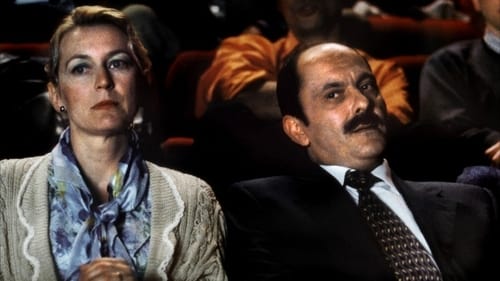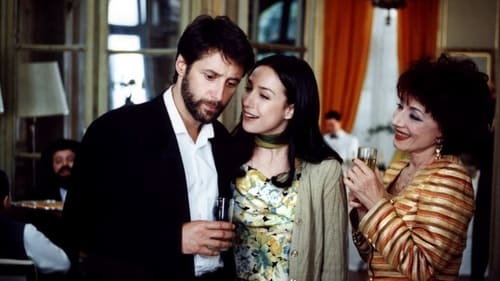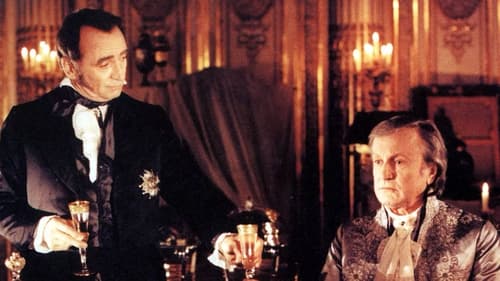
Makeup Artist
Unpolished and ultra-pragmatic industrialist Jean-Jacques Castella reluctantly attends Racine's tragedy "Berenice" in order to see his niece play a bit part. He is taken with the play's strangely familiar-looking leading lady Clara Devaux. During the course of the show, Castella soon remembers that he once hired and then promptly fired the actress as an English language tutor. He immediately goes out and signs up for language lessons. Thinking that he is nothing but an ill-tempered philistine with bad taste, Clara rejects him until Castella charms her off her feet.

Makeup Artist
Marcel Proust (1871-1922) is on his deathbed. Looking at photographs brings memories of his childhood, his youth, his lovers, and the way the Great War put an end to a stratum of society. His memories are in no particular order, they move back and forth in time. Marcel at various ages interacts with Odette, with the beautiful Gilberte and her doomed husband, with the pleasure-seeking Baron de Charlus, with Marcel's lover Albertine, and with others; present also in memory are Marcel's beloved mother and grandmother. It seems as if to live is to remember and to capture memories is to create a work of great art. The memories parallel the final volume of Proust's novel.

Assistant Makeup Artist
Simon Eskenazy is a gay Parisian clarinet player who lives his single life to the fullest. One day, he receives a very tempting offer from his homophobic uncle, looking to continue the family legacy – if he gets married and has a child, he will receive ten million francs and inherit his uncle's luxurious mansion. After meeting Rosalie Baumann at his cousin David's wedding, and with some convincing on his mother's part, Simon sees an opportunity to fulfill his uncle's wishes and the pair go ahead and get married, but not before traveling to New York to meet Rosalie's Orthodox Jewish family. As Simon tries to develop real feelings for Rosalie, he struggles with his feelings for his newlywed cousin David.

Makeup Artist
France, 1815. After his defeat at Waterloo, Napoleon heads for exile. Royalists occupy Paris and attempt to restore the monarchy. However, the battle doesn't seem to be over. On July 6, Talleyrand, a shrewd politician of flexible convictions, invites chief of police and zealous revolutionary Fouché to supper and tries to convince him to serve the king. Over the meal they insult each other, accuse each other, and, at first sight, look like mortal enemies. But they definitely have one thing in common: they are both power-hungry.



